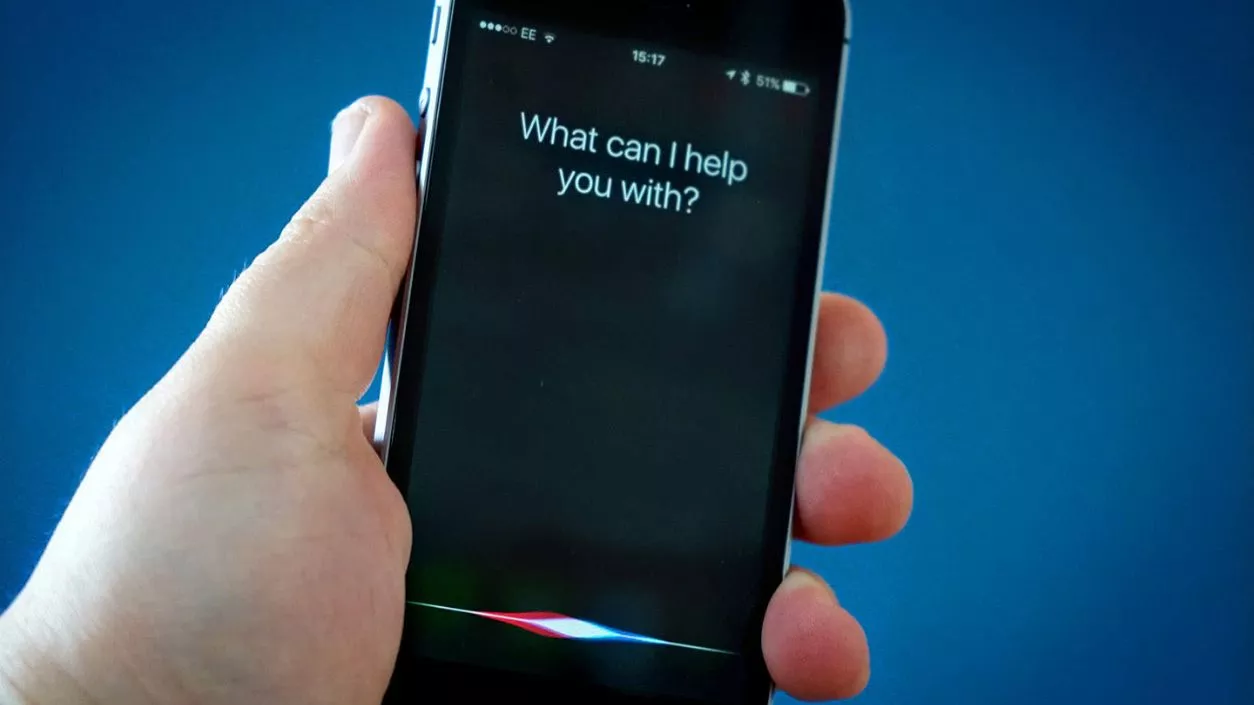Fencing work triggers altercation at Indo-Ban border in Malda
.gif)
.gif)

Apple has reached a $95 million settlement to resolve a class action lawsuit alleging that the company’s voice assistant, Siri, recorded private user conversations without consent and used them for targeted advertising. The lawsuit, initially filed in 2021, claimed that Apple’s Siri system, specifically the "Hey Siri" feature, unintentionally activated and recorded private conversations, even when users did not actively interact with the device. These recordings, according to the lawsuit, were later shared with third-party advertisers to tailor ads based on the captured conversations.
The class action lawsuit was brought forward after multiple users reported incidents where their private discussions triggered personalized ads. One of the complainants detailed how a conversation with their doctor about a branded surgical treatment led to numerous ads related to that treatment. Other complainants reported receiving ads for products like Air Jordan sneakers and Pit Viper sunglasses after talking about these items, even though they did not directly interact with Siri. The plaintiffs argued that the recordings were made without their explicit consent and used for commercial purposes, violating their privacy rights.
Apple has consistently denied the allegations, asserting in court documents that it has always respected user privacy and has not recorded conversations for advertising purposes. In a statement, Apple said, “Apple has at all times denied and continues to deny any and all alleged wrongdoing and liability.” However, to avoid the financial and reputational cost of prolonged litigation, Apple opted to settle the case without admitting any liability. As part of the settlement agreement, users who had Siri-enabled devices between September 17, 2014, and December 31, 2024, are eligible for compensation.
The settlement will provide compensation of up to $20 per eligible device. Users who wish to claim compensation can do so through a claims portal that Apple will launch in the coming weeks. The portal will remain open until May 15, 2025, after which the claims process will close. Payments are expected to be distributed shortly after the claims period ends. The settlement also requires Apple to delete any recordings of private conversations that were captured through unintended Siri activations and to clarify its voice data usage practices to users.
In addition to the financial compensation, Apple must improve transparency about how Siri collects and uses voice data. The company is obligated to ensure that users are better informed about how their voice interactions with Siri are utilized to improve the assistant’s functionality and whether those interactions are stored or shared. Apple will also be required to update its privacy policies to more clearly outline how Siri’s voice recordings are handled.
The class action period for this case spans from September 17, 2014, to December 31, 2024, which aligns with the introduction of the “Hey Siri” feature. Siri’s ability to activate unintentionally, particularly when the “Hey Siri” command is accidentally triggered by sounds similar to the activation phrase, was central to the case. The settlement affects users of various Siri-enabled devices, including iPhones, iPads, Apple Watches, and HomePods.
This case is part of a broader trend of increased scrutiny over privacy practices in the tech industry, particularly regarding voice assistants. Similar lawsuits have been filed against other tech giants, including Amazon, regarding the use of their Alexa voice assistant. The Apple settlement follows a $30 million settlement in 2023 between Amazon and the U.S. Federal Trade Commission over privacy concerns related to Amazon’s Alexa and Ring doorbell cameras.
While the $95 million settlement is a significant payout, it represents a fraction of Apple’s overall profits, which reached $93.74 billion in its most recent fiscal year. The settlement is still subject to court approval, but it marks an important development in the ongoing discussions about digital privacy, the collection of personal data, and the responsibility of tech companies in safeguarding user information.